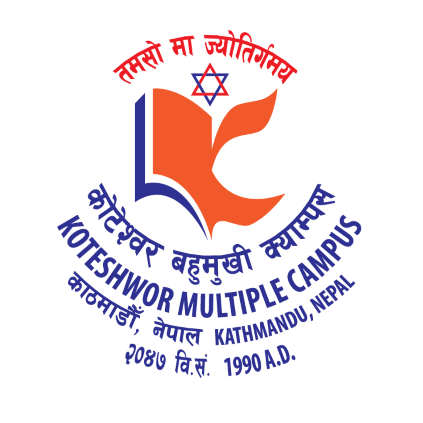Overview
BA in Sociology at Thames International College, Old Baneshwor, Kathmandu
BA in Sociology at Thames International College follows Tribhuvan University’s BA framework. The course studies social structures, culture, inequality, and change, with attention to research practice in Nepal.
The Old Baneshwor campus gives you access to organizations and archives useful for class projects.
Primary keywords: BA Sociology TU, BA in Sociology Nepal, Thames International College, Kathmandu BA Sociology.
Highlights
-
Affiliation: Tribhuvan University, Faculty of Humanities and Social Sciences
-
Duration: Four academic years in the BA framework
-
Evaluation: Internal assessments plus TU examinations
-
Study threads: Nepali society, theory, research methods, gender, development, and social change
-
Applied elements: Field tasks, documentation, and presentations
Curriculum Details
Structure and Study Flow
Early semesters cover sociological ideas and methods. Mid-course modules explore social institutions, economy and society, race and ethnicity, gender relations, and development questions. Later semesters include Nepal-focused studies, optional papers, and a research-based assignment.
Topic Snapshot
-
Foundations: classical and contemporary theory, key concepts
-
Nepali society: demography, culture, caste and ethnicity, migration
-
Methods: qualitative and quantitative tools, ethics, data handling
-
Themes: stratification, gender, rural and urban change, globalization
-
Applications: policy linkages, community studies, research report
Objectives
-
Build conceptual clarity about how societies function and change
-
Strengthen research ability for fieldwork and data interpretation
-
Develop writing and presentation for academic and policy contexts
-
Encourage ethical practice during community engagement
Scope
Graduates find roles in NGOs, local government units, social enterprises, and research outfits. Entry work often involves surveys, community mobilization, documentation, and program coordination. The degree also supports progression to master’s study in sociology, development, or public policy.
Learning Outcomes
By completion, students should be able to:
-
Explain key theories and apply them to Nepali cases
-
Collect and analyze field data using standard tools
-
Write clear reports for academic and organizational use
-
Engage respectfully with diverse communities
Skill Development Modules
-
Field research: interview guides, observation, sampling basics
-
Data work: tabulation, simple statistics, visualization basics
-
Communication: policy briefs, presentations, and literature reviews
-
Project management: planning, time tracking, teamwork
Teaching Methodology
Faculty combine lectures with seminar discussions, guided readings, and field assignments. Internal assessments track participation, reports, and presentations before TU examinations.
Admission Requirements
-
Minimum qualification: 10+2 or equivalent from a recognized board
-
Selection: Merit screening under TU rules; the college may schedule an interview for placement
-
Documentation: Academic transcripts, identification, and intake-specific papers
Career Opportunities
-
Community and development: mobilizer, program assistant, documentation officer
-
Local government support: social development units, ward-level programs
-
Research and policy: survey assistant, data analyst trainee, research writer
-
Corporate sector: HR and CSR support, stakeholder mapping
Scholarships and Financial Aid
Merit and need-based routes appear each cycle in the Admissions & Aid section. Check current criteria and timelines during application.
Why Choose This Course?
-
TU-recognized BA with a clear methods and fieldwork thread
-
Nepal-centered study that links theory to local institutions
-
City access to agencies for projects and seminars
Conclusion
BA in Sociology at Thames builds steady reasoning and research habits. Students learn to handle field data, write clearly, and connect classroom ideas to Nepali realities.
FAQ
Q1. What kind of fieldwork is included?
Short field tasks for interviews, observation, and community profiles.
Q2. Which tools are taught in methods?
Sampling basics, qualitative techniques, simple statistics, and ethical practice.
Q3. Does the course help with public-sector roles?
Yes. Skills in documentation, field coordination, and reporting are relevant to local bodies and projects.
Q4. Can I combine sociology with other subjects?
Electives often link to development, economics, or policy topics within the BA framework.
Q5. Where is the campus located?
Old Baneshwor, Kathmandu.


















